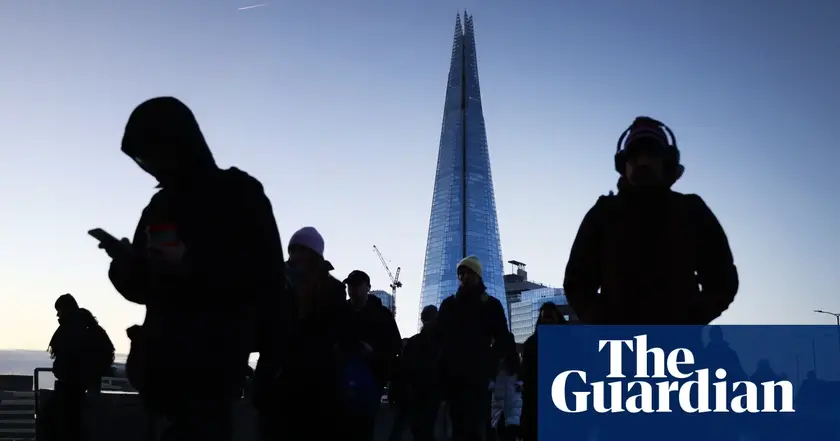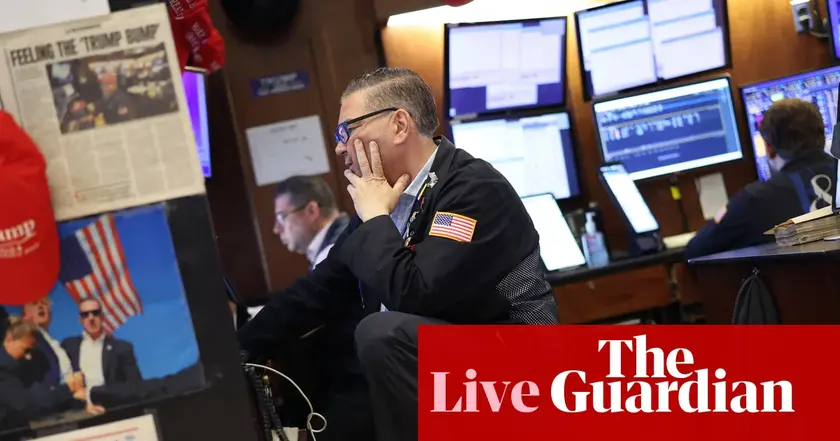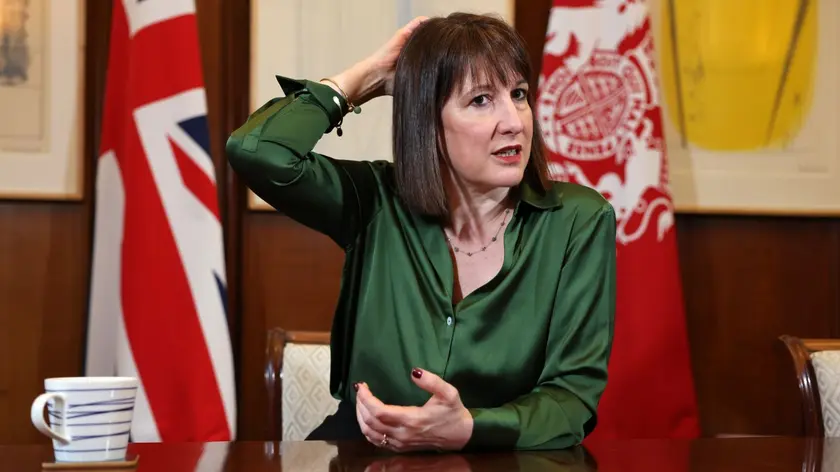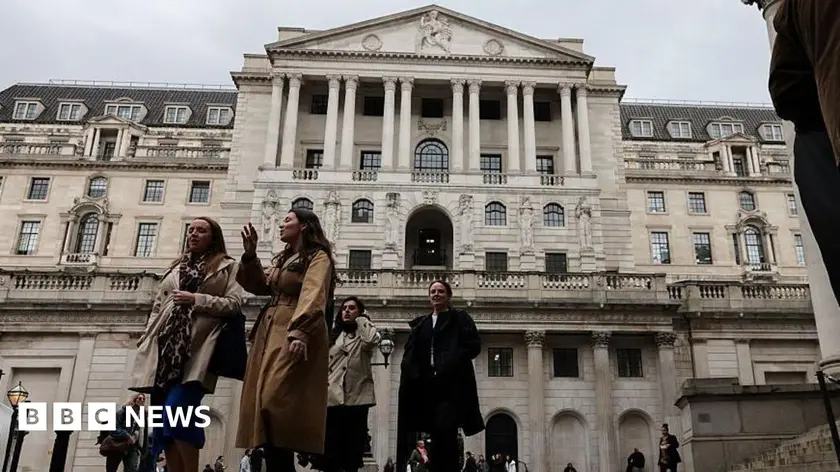T4K3.news
UK jobs market cools as vacancies fall
Vacancies drop and payrolls ease while wage growth holds, signaling a gradual cooling in the UK labour market.

New ONS data show vacancies and payrolls falling as wage growth holds steady, signaling a gradual cooling in the labor market.
UK jobs market cools as vacancies fall
The Office for National Statistics reports a 5.8% drop in job vacancies to 718,000 between May and July across most industries. Payroll numbers fell by 8,000 from June to July, while the unemployment rate remained at 4.7% and wage growth stayed at 5%. The ONS cautioned that payroll figures can be noisy, and data quality is under review as it adapts its methods. Experts said the scale of the decline is modest and reflects a softer hiring landscape rather than a sharp collapse.
Policy changes this year, including the National Living Wage rising to 12.21 and the employer national insurance contribution increasing to 15%, have raised costs for businesses. Yet analysts argue the effect is not as severe as earlier feared, with some seeing a pause in the fall as the economy adjusts. Officials and economists noted that a slow easing in vacancies could feed into slower wage growth over time, a factor the Bank of England will weigh when considering rate moves.
Key Takeaways
"Everybody who can work should be in work"
Chancellor Rachel Reeves
"The modest fall in payroll data suggests the fallout from tax and wage changes is calming down"
Ashley Webb Capital Economics
"There are some important signs that the decisions we took to fix the foundations of the economy are now enabling us to move forward"
Baroness Jacqui Smith
The data show a labour market that is cooling but not breaking. Vacancies are at their lowest since early 2021 outside the pandemic era, and payroll declines are uneven across sectors, especially hospitality and retail. This points to structural shifts in hiring, not a sudden shock. The political debate around taxes and the minimum wage adds fuel to the interpretation that policy settings are affecting hiring costs, even as inflation pressures linger. In the coming months, wage dynamics and Dr BoE actions will hinge on how much slack remains in the economy and whether data quality improves enough to give policymakers clearer signals.
Highlights
- Cooling but not collapsing the jobs market
- Wage growth stays stubborn while openings fall
- Policy costs are shaping hiring more than headlines
- The data quality issue keeps the policy debate in limbo
Budget and political backlash risk
The data center on policy moves such as the National Living Wage and employer NIC changes. Debates and potential backlash could shape how the public and markets view the government's economic strategy.
Policy watchers will gauge how much longer this soft landing lasts as data and rates move in step.
Enjoyed this? Let your friends know!
Related News

UK vacancies fall as hiring slows

UK jobs market cools as vacancies fall and pay growth slows

UK firms pause hiring amid rising costs

Thames Water contingency plans approved

Markets rise as Ukraine talks loom

Summer job vacancies in Cornwall drop sharply

Jobs data shows cooling economy

Inflation pressures Bank of England rate cut plans
